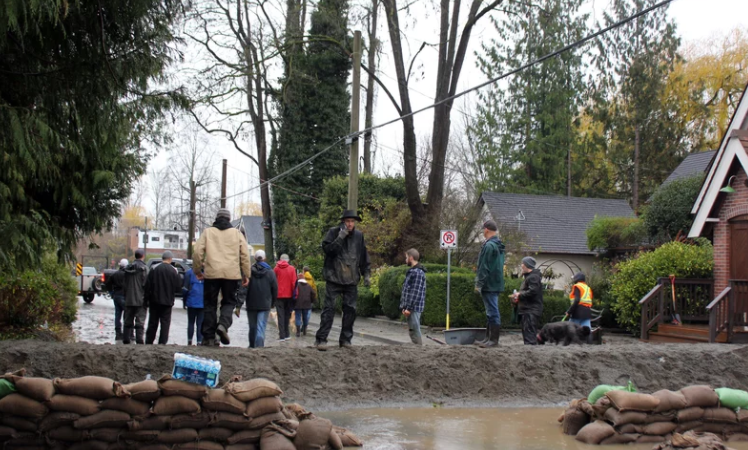[image source_type=”attachment_id” source_value=”489″ align=”right” size=”small” autoHeight=”true”] Senior Research Associate Bapon Fakhruddin has published a report on the Jakarta Flood of 2013: Are We Learning Lessons From the Past? An article appeared on the Disaster Diplomacy website of Ilan Kelman, CCB Adjunct Scientist, describing the most recent food in Metro Jakarta, Indonesia. Already in 2013, a day after heavy monsoon rains swamped parts of the capital, more than 18,000 people have been left homeless, and waist-deep water inundates much of the surrounding cities in the area.
Flooding is a perennial occurrence in Jakarta, the world’s fourth-largest metropolitan area and home to more than 22 million people. Flooding occurrences are increasing in severity and have become much more numerous in the past decade. The World Bank has invested more than US$190 million in the Jakarta Urgent Flood Mitigation Project, in hopes that Jakarta’s flood management system would be improved. Based on the 2013 flood disaster, the success of the project is in question.
Although the World Bank report concluded that flood events in Jakarta are expected to become more frequent in coming years, the recent event questions whether the project has incorporated lessons identified in the past that could help to mitigate future events. The value of many lessons may be discounted because of the perception that progress (technological, economic, and social) has rendered these lessons to be irrelevant. An early warning system is essential for Jakarta to enhance flood risk management.



